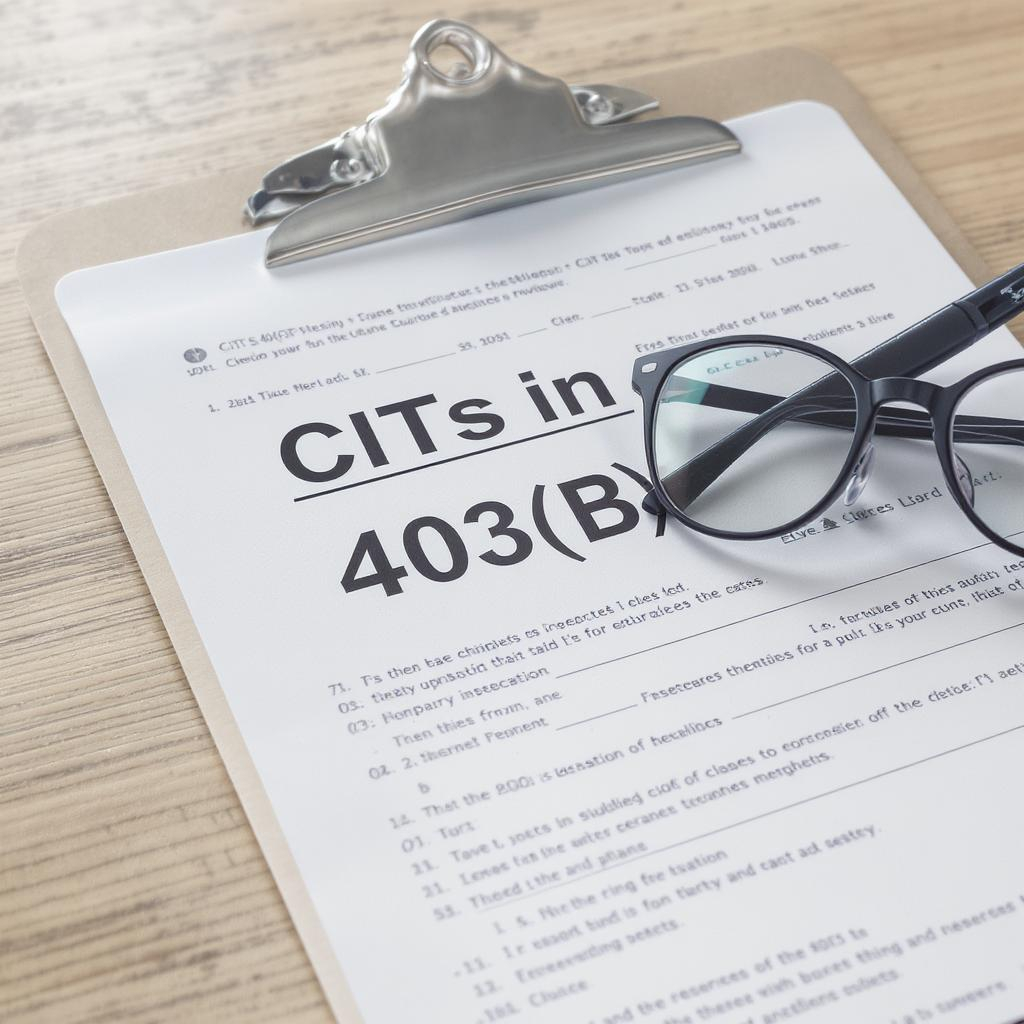Deciding what to do with your retirement savings can feel like navigating a maze. Among the many financial choices, converting a traditional IRA to a Roth IRA stands out as one with significant long-term implications. It’s a move that can fundamentally reshape your retirement income and tax picture for decades to come. So, how do you know if making the switch is the smart play for your future? Let’s break down the compelling reasons why a Roth conversion might be a brilliant strategy, and why, for some, it might be a step to reconsider.






